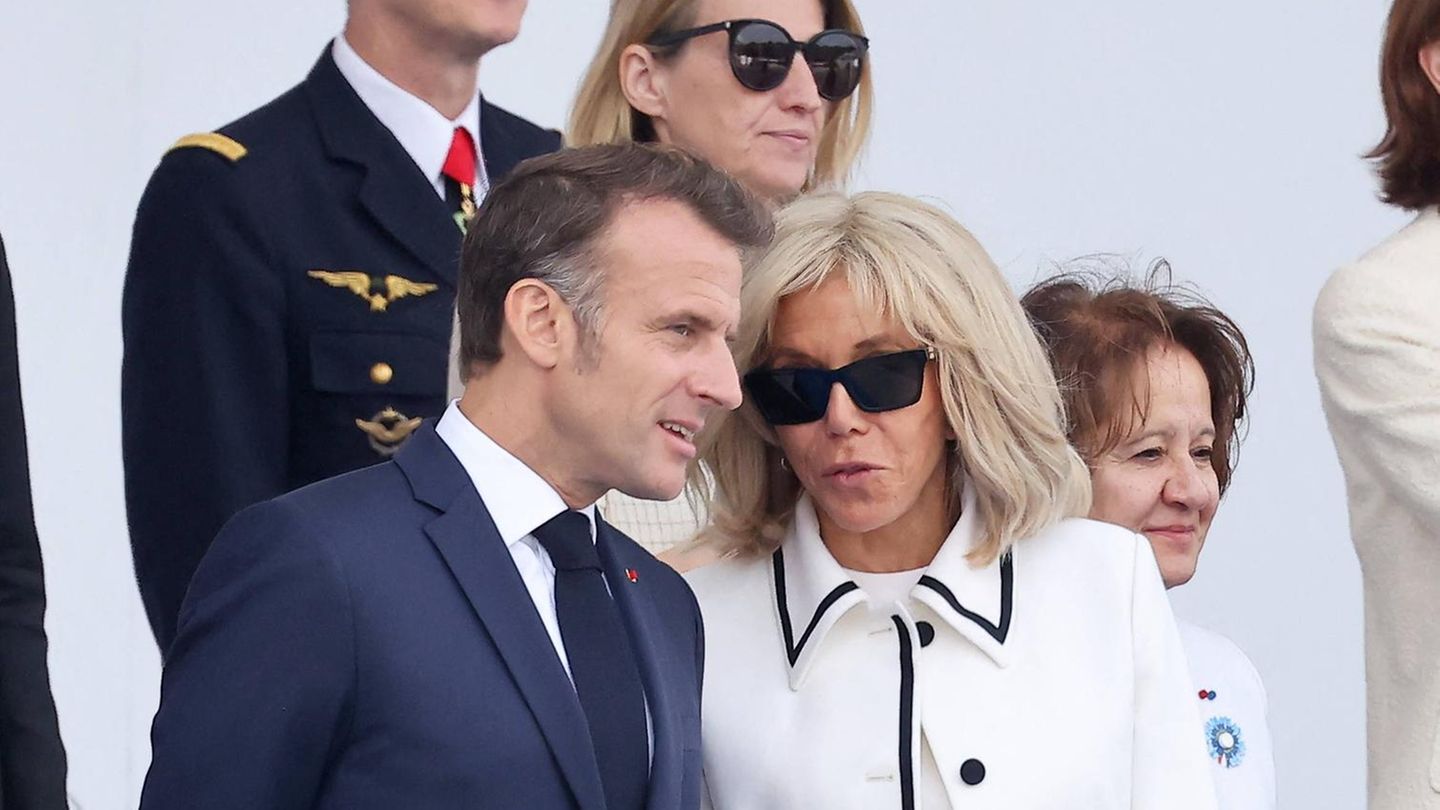Introduction
Brigitte Macron, the First Lady of France and wife of President Emmanuel Macron, has become an influential figure in French society. Her contributions extend beyond the ceremonial duties typically associated with the role, and she has actively participated in various initiatives that resonate with the public. Understanding her role provides insights into modern French culture and the evolving expectations of political spouses.
Rise to Prominence
Brigitte Macron, born in 1953 in Amiens, France, has a background in education and a strong passion for literature and arts. Before her marriage, she was a high school drama teacher. Notably, she met Emmanuel Macron when he was a student at La Providence High School, where she taught. Their relationship blossomed despite a significant age gap, with Macron being 24 years younger than Brigitte. They married in 2007, presenting a united front that often challenges traditional norms of French society.
Public Engagements and Initiatives
Since her husband’s election in 2017, Brigitte has dedicated herself to several social causes. She has championed education and youth development, advocating for enhanced educational programs and a focus on mental health in schools. Her efforts were especially amplified during the Covid-19 pandemic, where she worked to support children’s well-being and developmental needs as schools faced unprecedented challenges.
Brigitte also played a pivotal role in the promotion of French culture and heritage. She was involved in various cultural initiatives, including events honouring French literature and arts. This commitment to culture resonates with many citizens who view her as a relatable First Lady who champions the values of France.
Her Influence in Politics
While Brigitte Macron does not hold a formal political position, her influence in the political landscape is evident. She is known to have a close relationship with her husband, often providing counsel on several issues. Observers note that her opinions are valued during key decision-making processes. This influence is compounded by her charismatic public presence, which connects deeply with various demographics in France.
Conclusion
Brigitte Macron symbolizes the changing dynamic of political life in France, where the role of First Lady has expanded beyond traditional boundaries. Through her advocacy in education and culture, she is redefining the significance of this position, juxtaposing her strong individual identity with her husband’s political stature. As her influence grows, it is clear that Brigitte Macron will continue to play a crucial role in shaping not only her husband’s presidency but also the broader narrative of contemporary French society.
